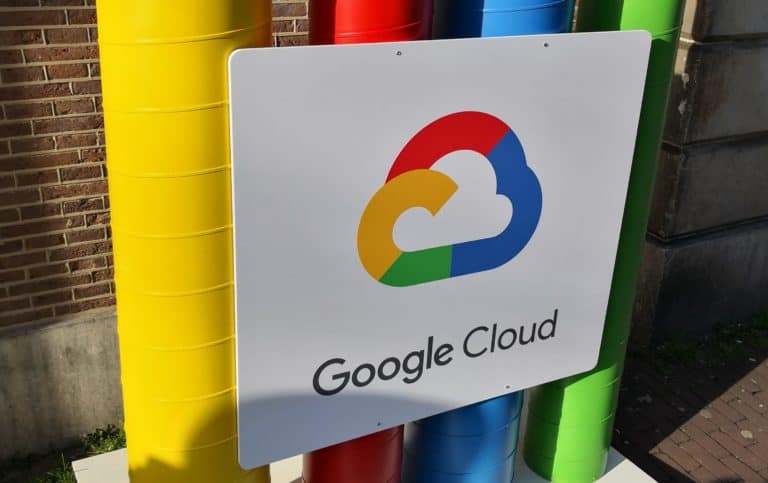Thomas Kurian, who left Oracle in September, will be the new head of Google Cloud. At his previous employer, he was also responsible for the cloud activities. Kurian succeeds Diane Greene, she announced Friday. She was at the helm of Google Cloud for three years.
Greene will stay on as CEO of Google Cloud until January, so that the transition runs smoothly. In addition, she remains active on the board of Alphabet, the parent company. Based on Greene’s experience, it’s a good thing for Alphabet. For example, she previously served as CEO of VMware for ten years.
Google Cloud also took significant steps under its leadership. Google-CEO Sundar Pichai calls cloud an “incredible business” in a reaction to the news. According to Pichai, the company realised this within a few years, under the leadership of Greene, making good use of the decades of investments in infrastructure, data security and artificial intelligence.
Difference of opinion
Her successor also has enough experience as a director in enterprise IT. He has worked for Oracle since 1996. His last position was president of product development, working extensively with Oracle-CTO Larry Ellison. Rumor has it that this is one of the reasons for the departure. Kurian would have a conflict with Ellison about the direction the company was going in with cloud computing.
Initially there was talk of an extended leave for Kurian, but later it was made public. For many a surprise, as it was sometimes assumed that Kurian would become Oracle’s CEO when Ellison left.
Ambition
Kurian will join Google Cloud on November 26th. First he is trained by Greene, to become final CEO “early next year”. There is still plenty of work to be done in this position, given the ambition of the Google Cloud. For the time being, AWS is the major market leader, according to Gartner, with a market share of more than 50 percent. Microsoft Azure follows with more than ten percent. Google Cloud would have 3.3 percent by 2017, although it is a fast-growing party.
This news article was automatically translated from Dutch to give Techzine.eu a head start. All news articles after September 1, 2019 are written in native English and NOT translated. All our background stories are written in native English as well. For more information read our launch article.